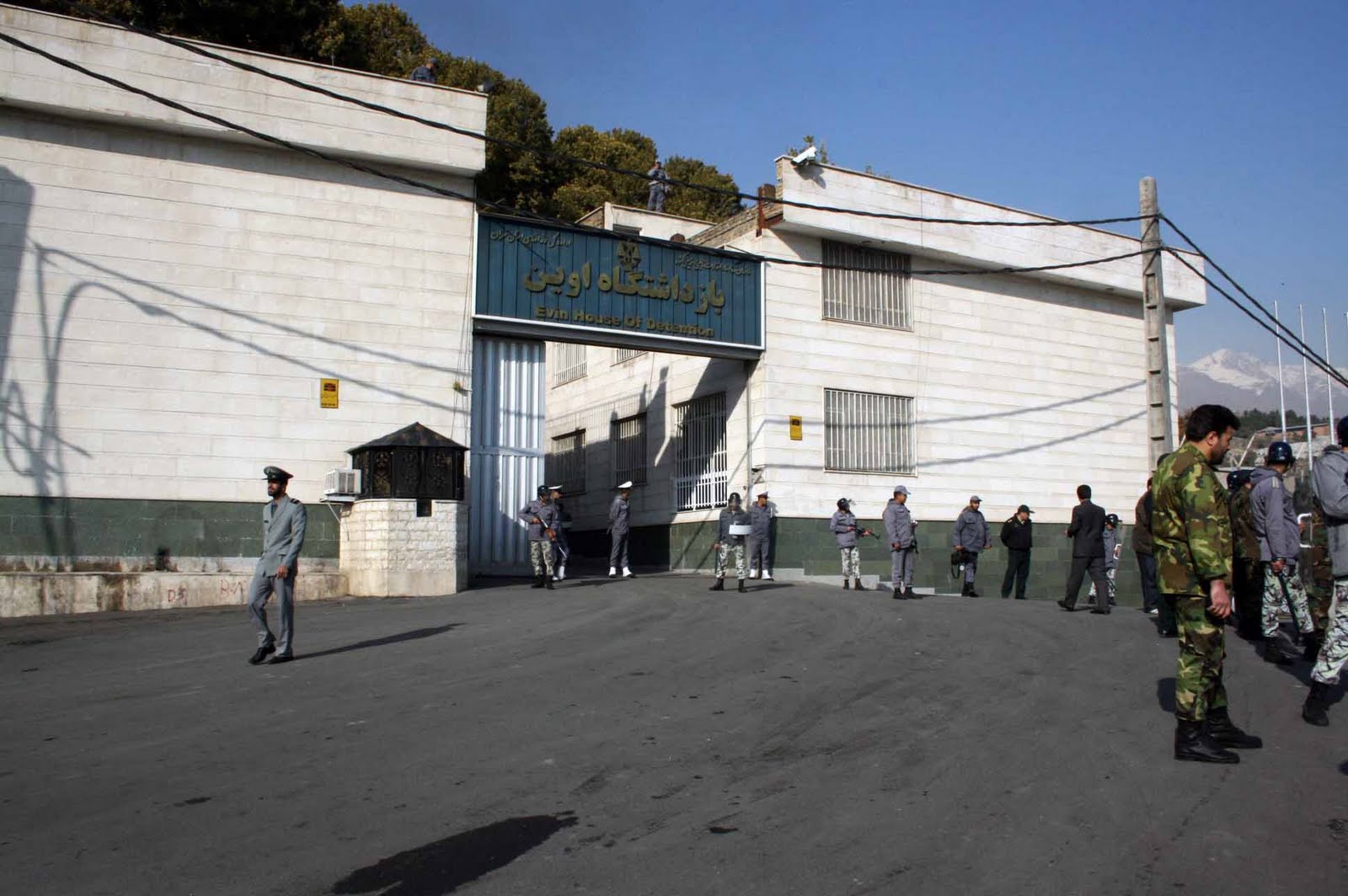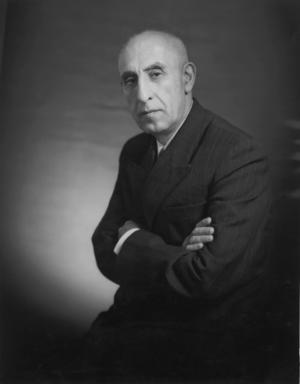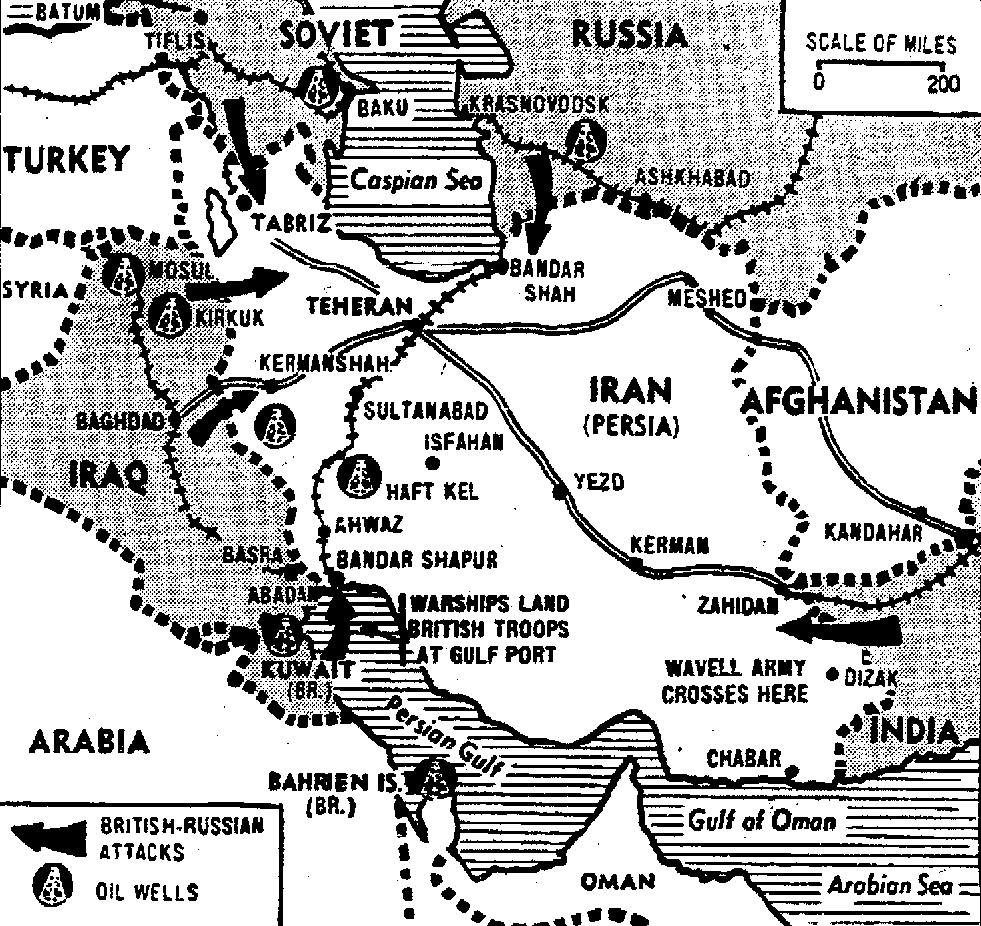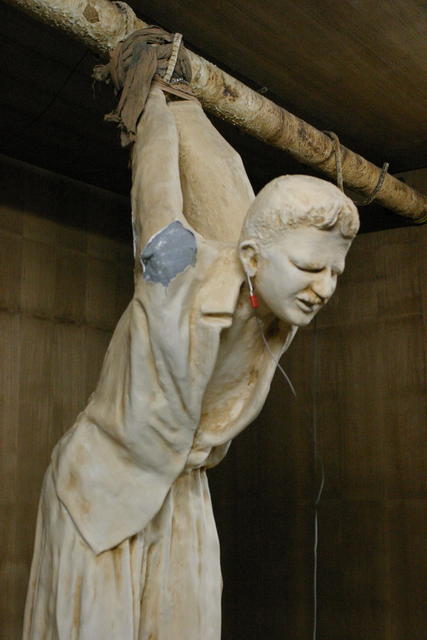|
Human Rights In Iran
From the Imperial Pahlavi dynasty (1925 to 1979), through the Iranian Revolution, Islamic Revolution (1979), to the era of the Islamic Republic of Iran (1979 to current), government treatment of Iranian citizens' rights has been criticized by Iranians, international human rights activists, writers, and NGOs. While the monarchy under the rule of the shahs was widely attacked by most Western watchdog organizations for having an abysmal human rights record, the Politics of Iran, government of the Islamic Republic which succeeded it is considered still worse by many. Over the decades, various groups, including political dissidents, religious minorities, and Ethnic-based discrimination in Iran, ethnic communities have faced systematic repression, with state policies often targeting not only political opposition but also cultural and linguistic identity. The Pahlavi dynasty—Reza Shah Pahlavi and his son Mohammad Reza Shah Pahlavi—has sometimes been described as a "royal dictator ... [...More Info...] [...Related Items...] OR: [Wikipedia] [Google] [Baidu] |
Freedom Of Religion
Freedom of religion or religious liberty, also known as freedom of religion or belief (FoRB), is a principle that supports the freedom of an individual or community, in public or private, to manifest religion or belief in teaching, practice, worship, and observance. It also includes the right not to profess any religion or belief or "not to practice a religion" (often called freedom ''from'' religion). The concept of religious liberty includes, and some say requires, secular liberalism, and excludes authoritarian versions of secularism. Freedom of religion is considered by many people and most nations to be a fundamental rights, fundamental human right. Freedom of religion is protected in all the most important international human rights treaty, conventions, such as the United Nations International Covenant on Civil and Political Rights, the American Convention on Human Rights, the European Convention on Human Rights, and the Convention on the Rights of the Child, United Na ... [...More Info...] [...Related Items...] OR: [Wikipedia] [Google] [Baidu] |
National Front (Iran)
The National Front of Iran () is an opposition political organization in Iran. It was founded by Mohammad Mosaddegh in 1949, and it is the oldest and arguably the largest pro-democracy group operating inside Iran, despite having never been able to recover the prominence it had in the early 1950s. Initially, the front was an umbrella organization for a broad coalition of forces with nationalist, liberal-democratic, socialist, '' bazaari'', secular and Islamic tendencies, that mobilized to successfully campaign for the nationalization of the Iranian oil industry. In 1951, the Front formed a government which was deposed by the 1953 Iranian ''coup d'état'' and subsequently repressed. Members attempted to revive the Front in 1960, 1965, and 1977. Before 1953 and throughout the 1960s, the Front was torn by strife between secular and religious elements. Over time its coalition split into various squabbling factions, with the Front gradually emerging as the leading organization of ... [...More Info...] [...Related Items...] OR: [Wikipedia] [Google] [Baidu] |
Mohammad Mosaddegh
Mohammad Mosaddegh (, ; 16 June 1882 – 5 March 1967) was an Iranian politician, author, and lawyer who served as the 30th Prime Minister of Iran from 1951 to 1953, elected by the 1950 Iranian legislative election, 16th Majlis. He was a member of the Majlis of Iran, Iranian parliament from 1923 Persian legislative election, 1923, and served through a contentious 1952 Iranian legislative election, 1952 election into the 17th Iranian Majlis, until his government was overthrown in the 1953 Iranian coup d'etat aided by the intelligence agencies of the United Kingdom (MI6) and the United States (Central Intelligence Agency, CIA), led by Kermit Roosevelt Jr. His National Front (Iran), National Front was suppressed from the 1954 Iranian general election, 1954 election. Before its removal from power, his administration introduced a range of social and political measures such as social security, land reforms and higher taxes including the introduction of taxation on the rent of land. H ... [...More Info...] [...Related Items...] OR: [Wikipedia] [Google] [Baidu] |
Anglo-Soviet Invasion Of Iran
The Anglo-Soviet invasion of Iran, also known as the Anglo-Soviet invasion of Persia, was the joint invasion of the neutral Imperial State of Iran by the United Kingdom and the Soviet Union in August 1941. The two powers announced that they would stay until six months after the end of the war with their mutual enemy, Nazi Germany (World War II), which turned out to be 2 March 1946. On that date the British began to withdraw, while the Soviet Union delayed until May, initially citing "threats to Soviet security", followed by the Iran crisis of 1946. The invasion, code name Operation Countenance, was largely unopposed by the numerically and technologically outmatched Iranian forces. The multi-pronged coordinated invasion took place along Iran's borders with the Kingdom of Iraq, Azerbaijan SSR, and Turkmen SSR, with fighting beginning on 25 August and ending on 31 August when the Iranian government, under the rule of Reza Shah Pahlavi, formally agreed to surrender, having alr ... [...More Info...] [...Related Items...] OR: [Wikipedia] [Google] [Baidu] |
MohammadReza Pahlavi Visits Television Center Of Habiblollah Sabet, There Are Also Hormoz Sabet, Naser Zolfaghari, Ali Mo'ayyed Sabeti, Nematollah Nasiri
Mohammad-Reza (, also spelled as Mohammad Reza, or Mohammadreza) is a popular male given name in Iran. ''Mohammad'' and '' Reza'' are both Arabic names which are popular in the whole Muslim world. However, the usage of the compound given name ''Mohammad-Reza'' is mostly popular in the modern Iran (mostly among those who are born after 1926, when Reza Shah was crowned and his son, Mohammad-Reza, became the crown prince). People * Mohammad-Reza Adelkhani * Mohammad-Reza Amin * Mohammad-Reza Aref * Mohammad-Reza Bahonar * Mohammad-Reza Bateni * Mohammad Reza Eskandari * Mohammad-Reza Foroutan * Mohammad Reza Golzar * Mohammad-Reza Golpaygani * Mohammad-Reza Hafeznia * Mohammad-Reza Hedayati * Mohammad-Reza Heidarian * Mohammad-Reza Honarmand * Mohammad Reza Jozi * Mohammad Reza Khalatbari (footballer, born 1948) * Mohammad Reza Khalatbari (footballer, born 1983) * Mohammad-Reza Khatami * Mohammad-Reza Lotfi * Mohammad-Reza Mahdavi * Mohammad-Reza Mahdavi Kani * Moha ... [...More Info...] [...Related Items...] OR: [Wikipedia] [Google] [Baidu] |
Communists
Communism () is a sociopolitical, philosophical, and economic ideology within the socialist movement, whose goal is the creation of a communist society, a socioeconomic order centered on common ownership of the means of production, distribution, and exchange that allocates products in society based on need.: "One widespread distinction was that socialism socialised production only while communism socialised production and consumption." A communist society entails the absence of private property and social classes, and ultimately money and the state. Communists often seek a voluntary state of self-governance but disagree on the means to this end. This reflects a distinction between a libertarian socialist approach of communization, revolutionary spontaneity, and workers' self-management, and an authoritarian socialist, vanguardist, or party-driven approach to establish a socialist state, which is expected to wither away. Communist parties have been described as ra ... [...More Info...] [...Related Items...] OR: [Wikipedia] [Google] [Baidu] |
Strappado
The strappado, also known as corda, is a form of torture in which the victim's hands are tied behind their back and the victim is suspended by a rope attached to the wrists, typically resulting in dislocated shoulders. Weights may be added to the body to intensify the effect and increase the pain. This kind of torture would generally not last more than an hour without rest, as it would otherwise likely result in death. Other names for strappado include "reverse hanging", "Palestinian hanging" and . It was employed by the medieval Inquisition and many governments,Inquisition from Its Establishment to the Great Schism: An Introductory Study Authors A. L. Maycock, Ronald Knox Publisher Kessinger Publishing, 20 ... [...More Info...] [...Related Items...] OR: [Wikipedia] [Google] [Baidu] |
Foot Whipping
Foot whipping, falanga/falaka or bastinado is a method of inflicting pain and humiliation by administering a beating on the soles of a person's bare feet. Unlike most types of flogging, it is meant more to be painful than to cause actual injury to the victim. Blows are generally delivered with a light rod, knotted cord, or lash. Bastinado is also referred to as ''foot (bottom) caning'' or ''sole caning'', depending on the instrument in use. The German term is ''Bastonade'', deriving from the Italian noun ''bastonata'' (''stroke with the use of a stick''). In former times it was also referred to as ''Sohlenstreich'' (corr. ''striking the soles''). The Chinese term is ''dǎ jiǎoxīn'' (打脚心 / 打腳心). Overview The first clearly identified written documentation of bastinado in Europe dates to 1537, and in China to 960. References to bastinado have been hypothesised to also be found in the Bible (Prov. 22:15; Lev. 19:20; Deut. 22:18), suggesting use of the practice since ... [...More Info...] [...Related Items...] OR: [Wikipedia] [Google] [Baidu] |
Political Parties
A political party is an organization that coordinates candidates to compete in a particular area's elections. It is common for the members of a party to hold similar ideas about politics, and parties may promote specific ideological or policy goals. Political parties have become a major part of the politics of almost every country, as modern party organizations developed and spread around the world over the last few centuries. Although some countries have no political parties, this is extremely rare. Most countries have several parties while others only have one. Parties are important in the politics of autocracies as well as democracies, though usually democracies have more political parties than autocracies. Autocracies often have a single party that governs the country, and some political scientists consider competition between two or more parties to be an essential part of democracy. Parties can develop from existing divisions in society, like the divisions b ... [...More Info...] [...Related Items...] OR: [Wikipedia] [Google] [Baidu] |
Universal Declaration Of Human Rights
The Universal Declaration of Human Rights (UDHR) is an international document adopted by the United Nations General Assembly that enshrines the Human rights, rights and freedoms of all human beings. Drafted by a UN Drafting of the Universal Declaration of Human Rights, committee chaired by Eleanor Roosevelt, it was accepted by the General Assembly as United Nations General Assembly Resolution 217, Resolution 217 during Third session of the United Nations General Assembly, its third session on 10 December 1948 at the Palais de Chaillot in Paris, France. Of the 58 members of the United Nations at the time, 48 voted in favour, none against, eight abstentions, abstained, and two did not vote. A foundational text in the History of human rights, history of human and civil rights, the Declaration consists of 30 articles detailing an individual's "basic rights and fundamental freedoms" and affirming their universal character as inherent, inalienable, and applicable to all human beings ... [...More Info...] [...Related Items...] OR: [Wikipedia] [Google] [Baidu] |







